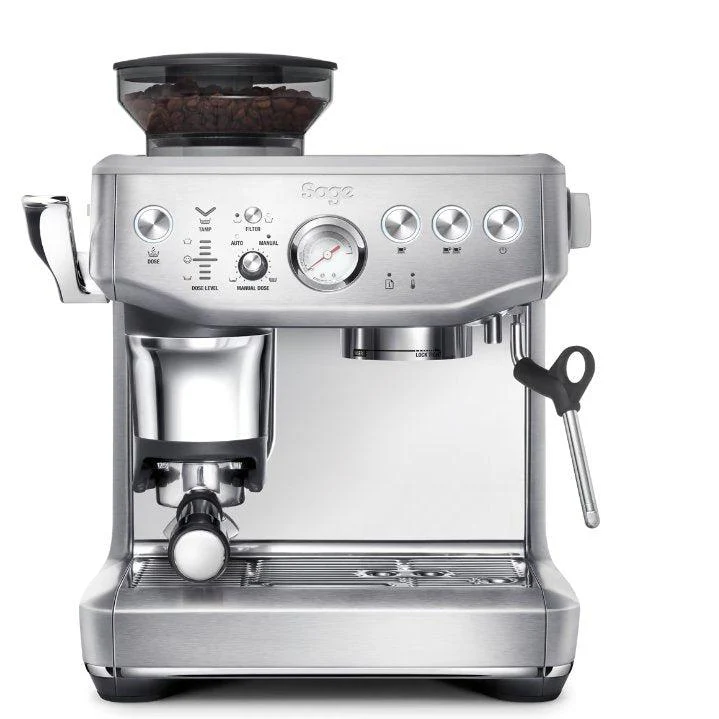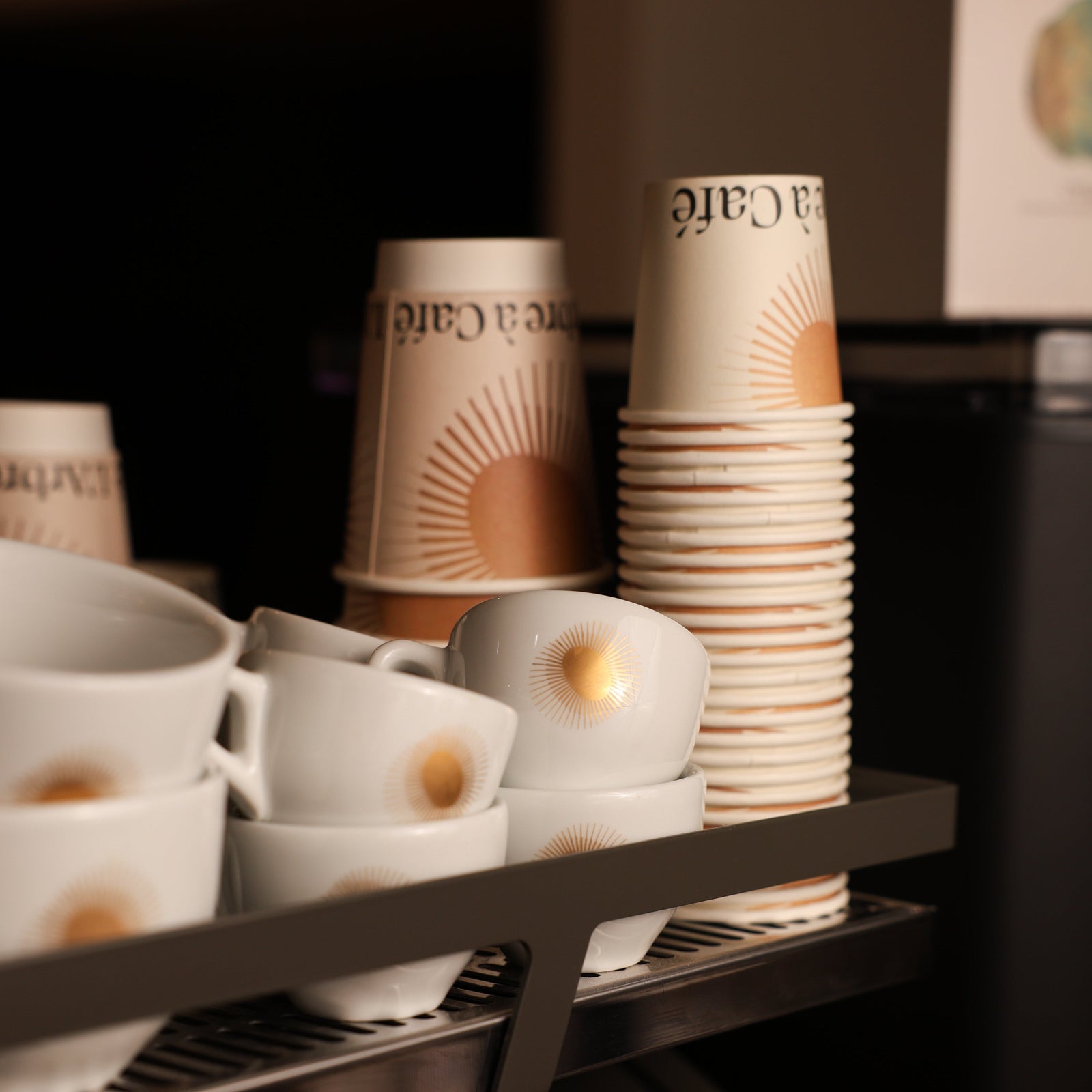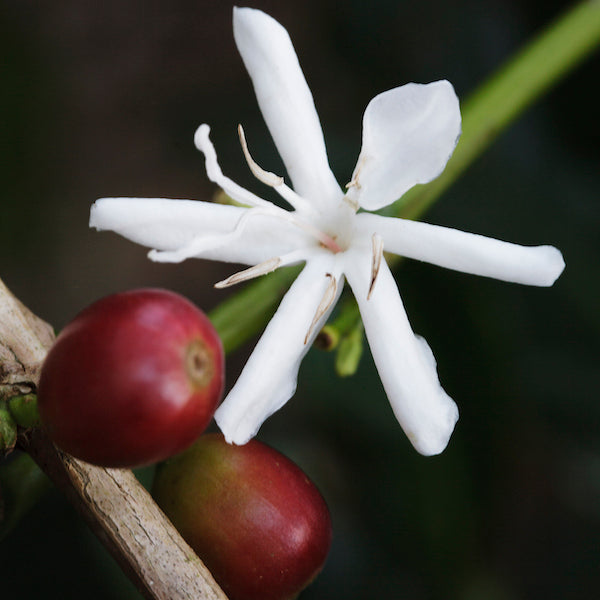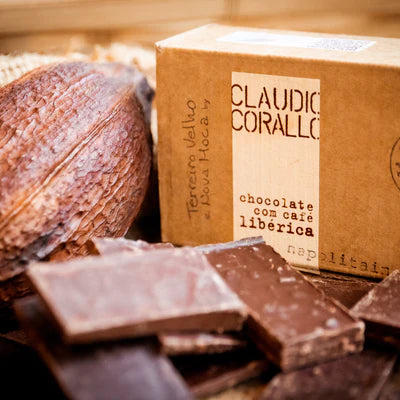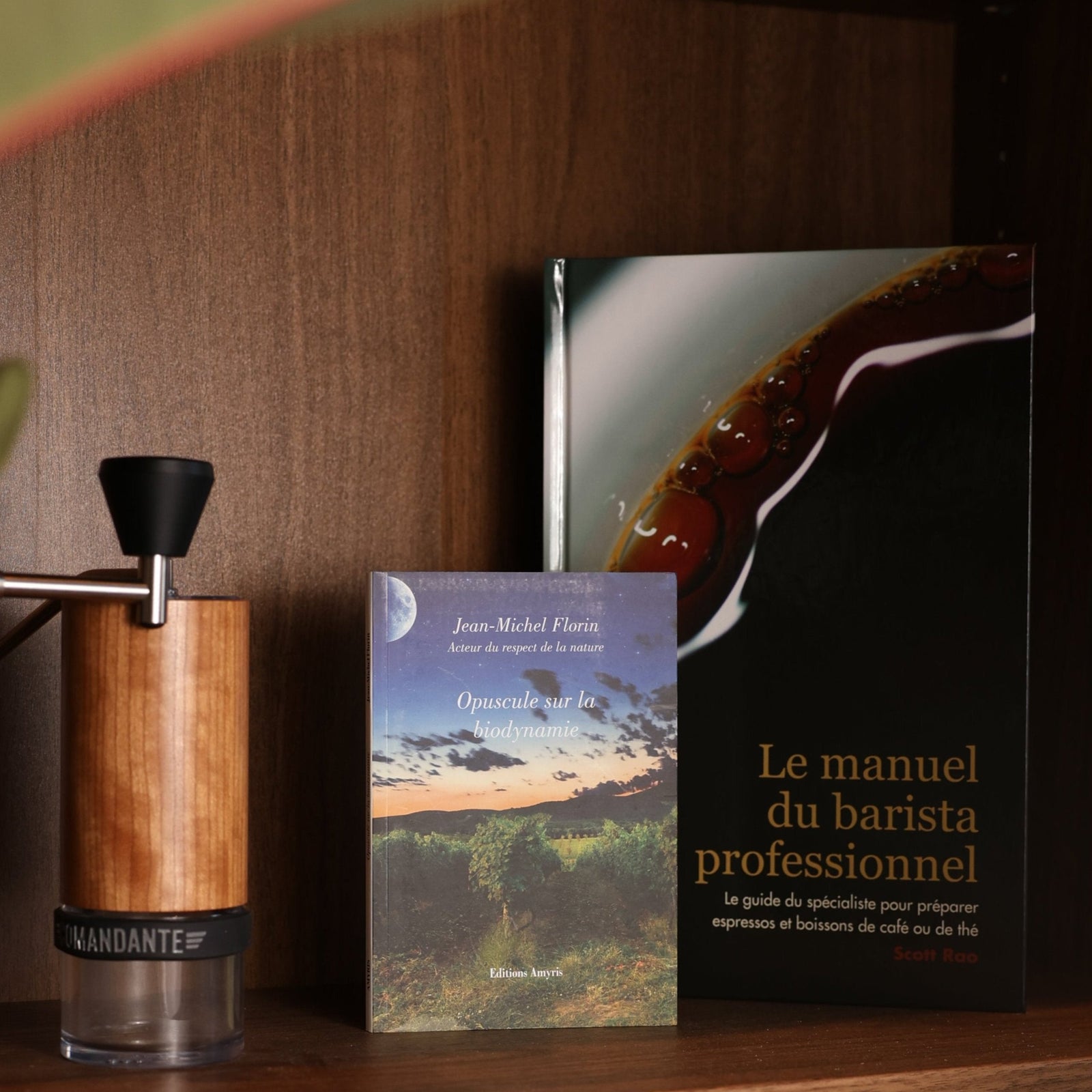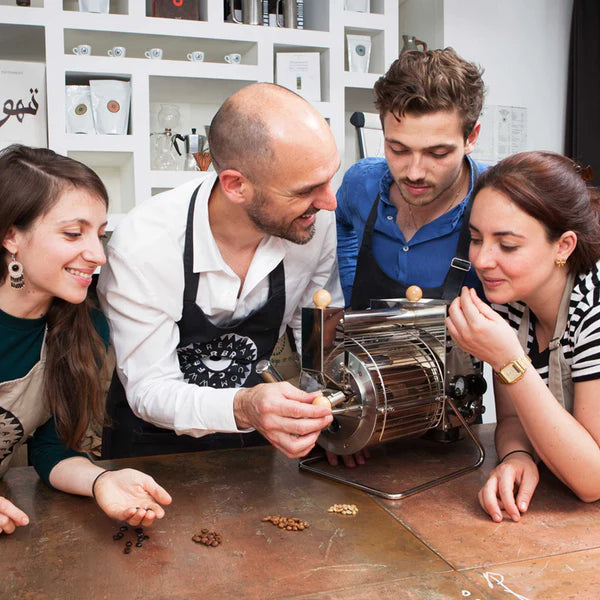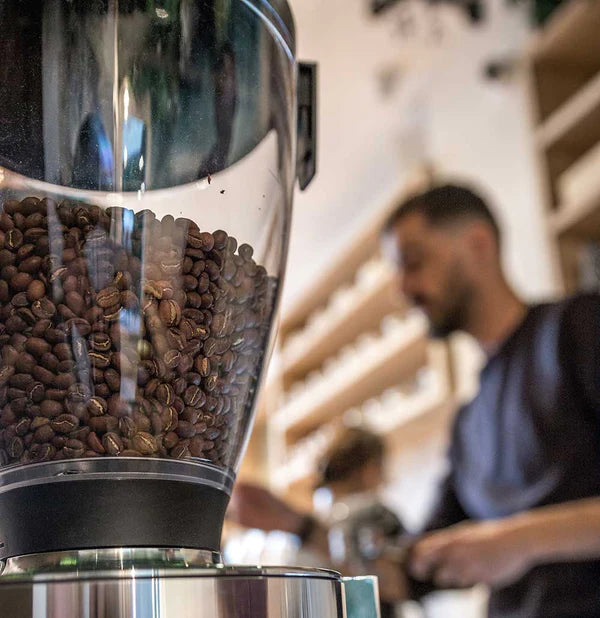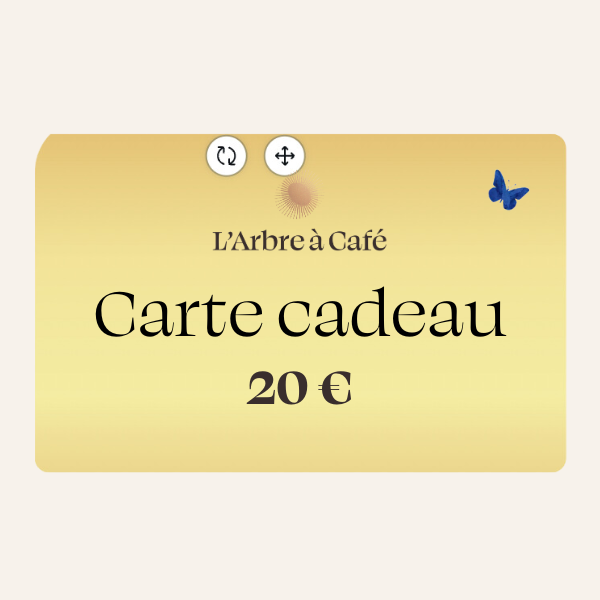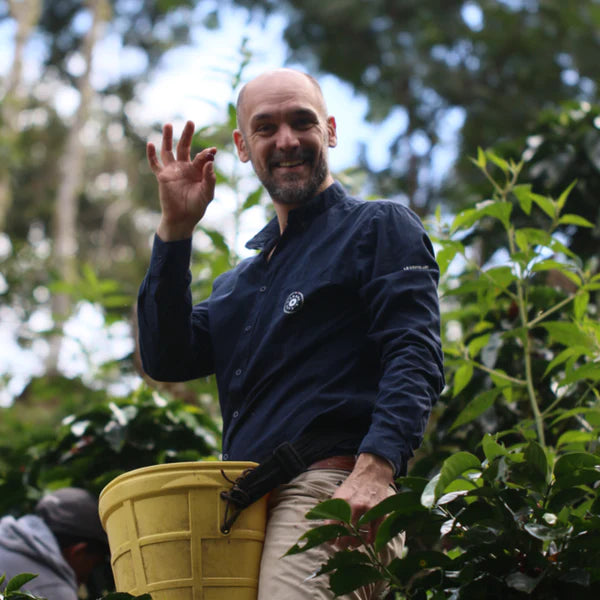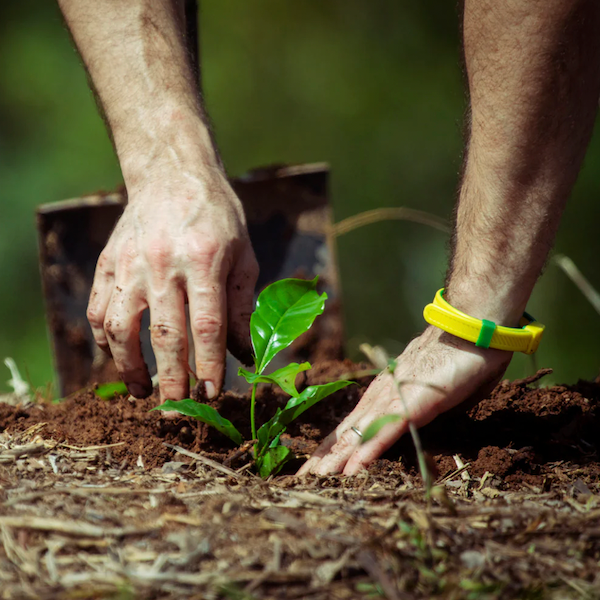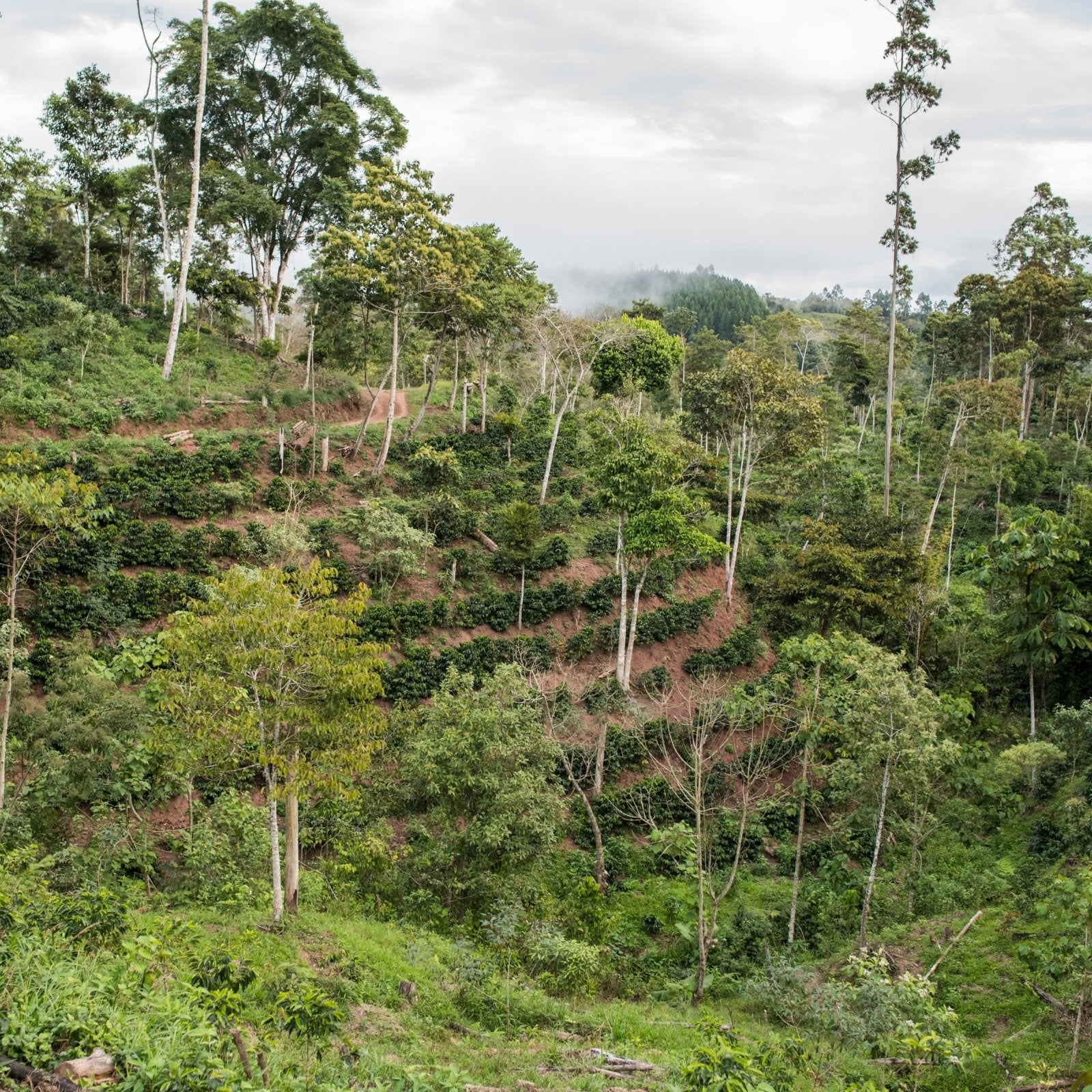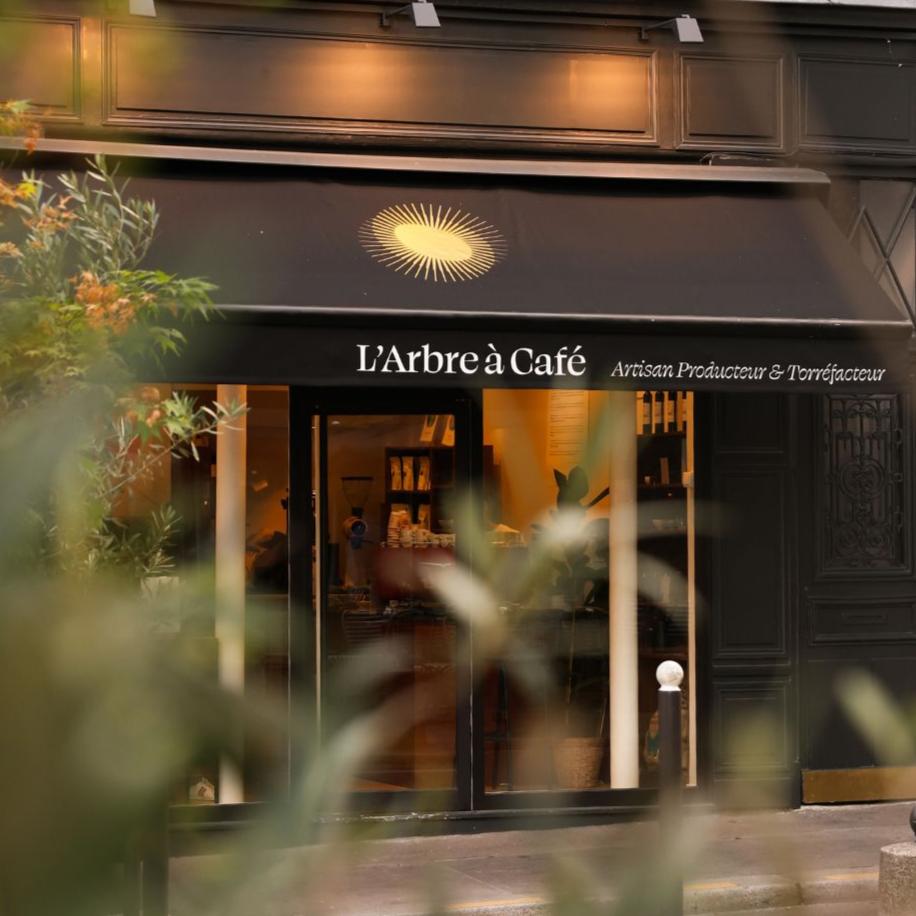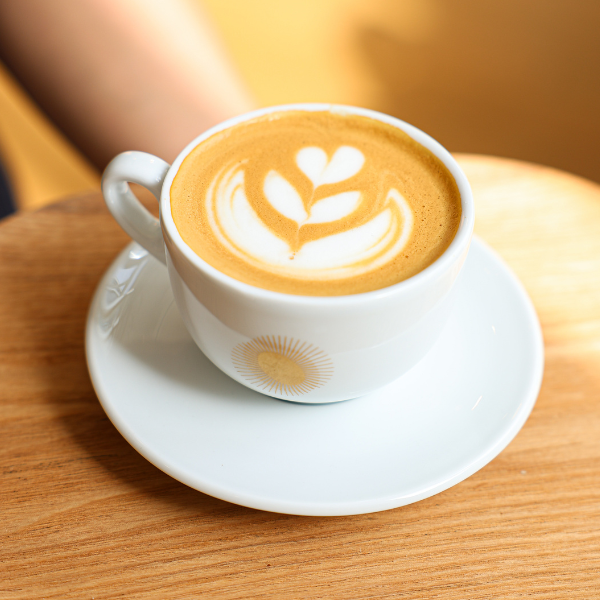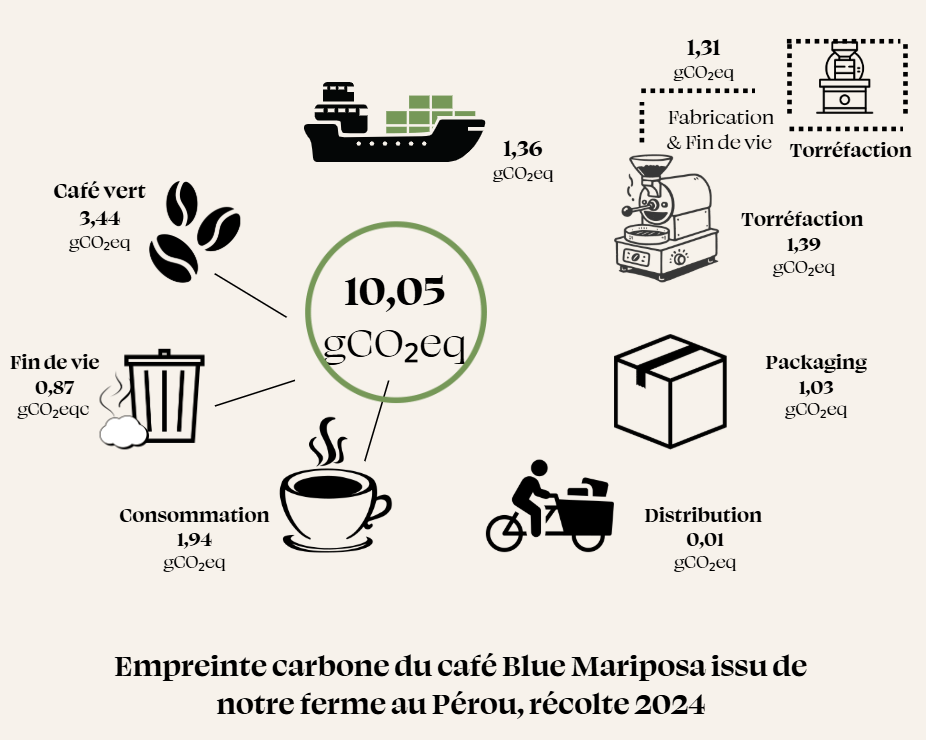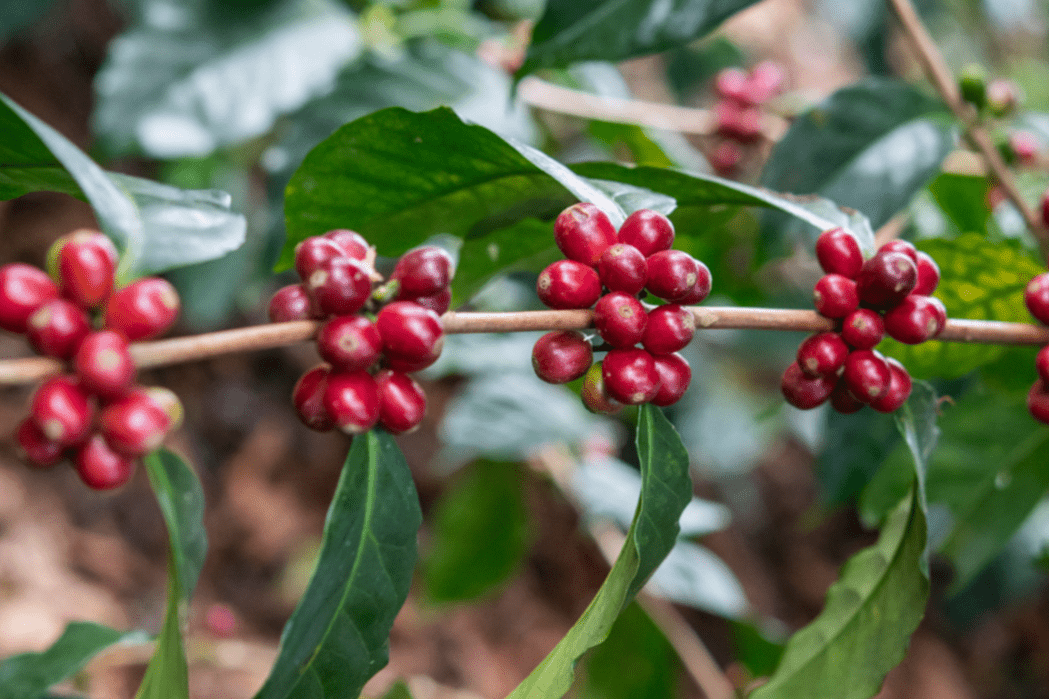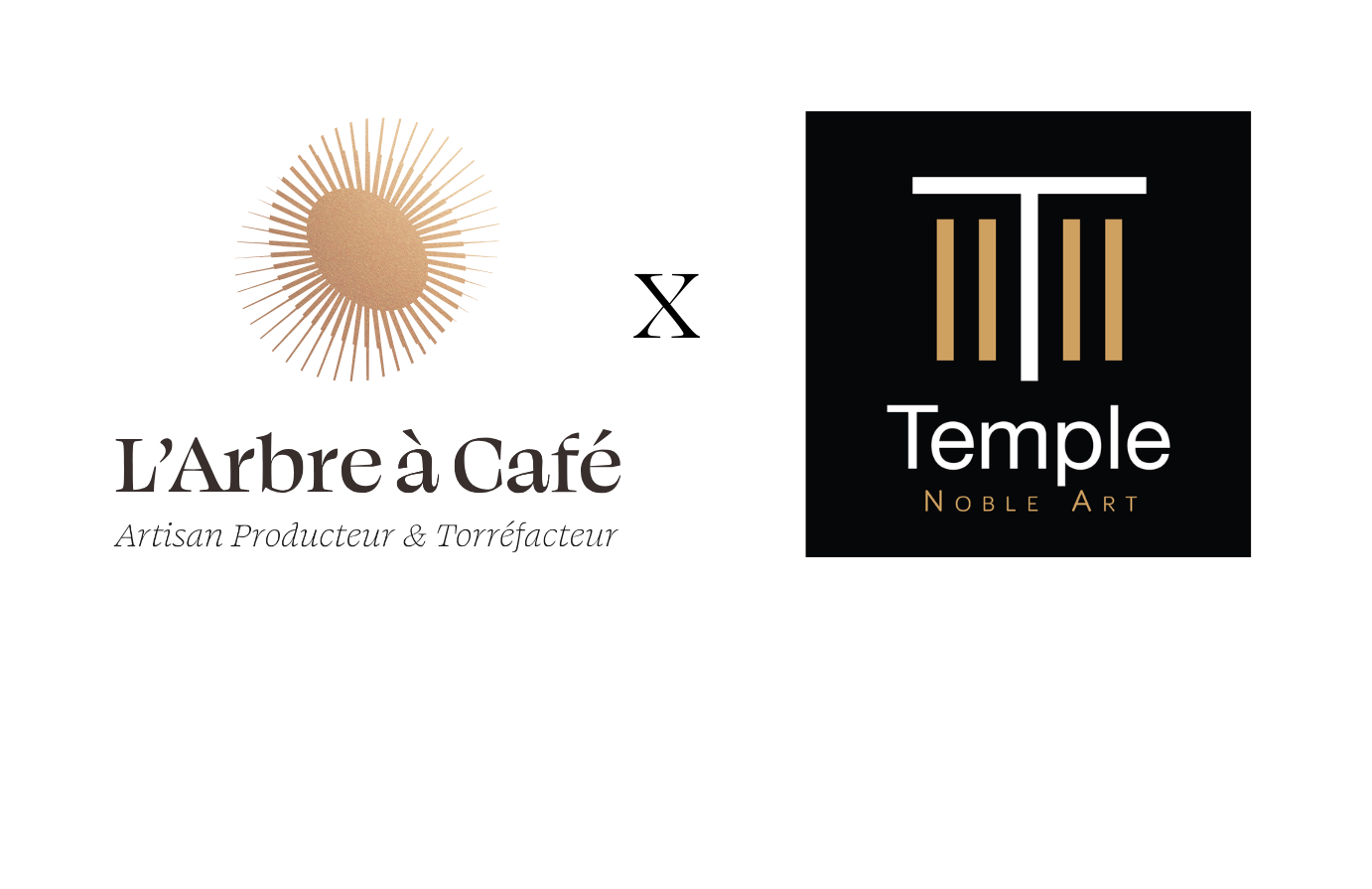
L'Arbre à Café has been committed to Biodynamics since the very beginning.
Biodynamics is based on the oral teachings of Rudolph Steiner (1924) and his philosophy, Anthroposophy. Synthesizing peasant wisdom, the writings of Goethe (Metamorphosis of Plants and Faust in particular), and Indian veda, Rudolph Steiner proposes to think of farms as living organisms belonging to the cosmos, and in resonance with the macro and micro cosmos. The biodynamic farmer cultivates his farm by spraying infinitesimal doses of specific plant preparations, born of the encounter between telluric and cosmic forces, the plant and animal worlds, and finally energized. L'Arbre à Café promotes biodynamic viticulture throughout the world, and is close to biodynamic winegrowers, as it is the only form of agriculture today that creates better soils, frees farmers from a vicious economic circle, and intensely expresses the identity of terroirs and know-how.
Why L'Arbre à Café is committed to biodynamic farming
From its very beginnings in 2009, L'Arbre à Café has been committed to biodynamic agriculture, so much so that the first coffees purchased were certifiedDemetercertified coffees. And the first producer Hippolyte Courty met, the first farm he visited were already biodynamic.
Biodynamics and L'Arbre à Café are therefore symbiotic, natural and obvious. One cannot go without the other.

But why such a choice?
Simply because biodynamically farmed and/or biodynamically processed products taste better than others. The world of wine shows this admirably today. Isn't Romanée-Conti a biodynamic wine? And consumers are finally embracing it. Wines like coffee, apples, oranges or vegetables have more taste, more aromatic complexity, more length on the palate, and have an extra soul to which some people are sensitive.
Moreover, biodynamic coffees, like all products, are often better for your health than others. Studies are multiplying on this subject and should flourish very soon.
On the other hand, biodynamic agriculture is one of the best forms of farming for both soil and plantations. It has a direct impact on soil recomposition, soil vitality, soil life, soil richness, soil aeration, soil fauna, soil drainage, etc...
Last but not least, biodynamic viticulture enables farmers to grow profitable crops without having to budget for inputs. Gone are the chemical inputs, the bills and debts for fertilizers, pesticides etc., hello the preparations, made on site or bought for a few euros and sprayed, more often than not, in infinitesimal quantities. We certainly need more manpower, but a conscious manpower, happy to improve its environment and not to exploit it.

Biodynamics, a bio ++ approach
We often hear that "biodynamics is organic, but better". But what does that mean?
First of all, we need to clear up a misunderstanding that the French competitive spirit is quick to create: by saying "c'est mieux", we're not saying that the former isn't good. Mieux is in fact more than good.
And in fact, all biodynamic farmers are first and foremost organic farmers. As far as certifications are concerned, there is only one for biodynamic agriculture, Demeter, and several for organic agriculture. You need organic certification to obtain Demeter certification, which is issued by organic certification bodies.
Biodynamic farmers are all organic, and often among the first to do so, as is the case with the Guillot family in Burgundy and the Fleury family in Champagne. The same is true of coffee.
Aubert-de-Villaine, one of the owners of Romanée Conti, recently recalled that what was most important in his life and for his estate was the switch from conventional to organic, because it meant the end of the destruction of his soil, the beginning of a new life. Biodynamics finishes the job, brings it to a climax.
And it's in this sense that we need to understand that biodynamics is better or more than organic.
Firstly, because biodynamic farming specifications are more restrictive than those of organic labels, particularly for coffee and wine. From this point of view, biodynamic agriculture is more demanding than all organic labels, especially with regard to inputs.
L'Opuscule sur la Biodynamie, a simple and accessible book on biodynamics
Secondly, because the logic of organic farming, or at the very least its labels, is to abstain. In many respects, it is opposed to conventional agriculture. It rejects many practices, especially the use of exogenous synthetic chemistry. It is therefore defined by opposition. It does not offer the farmer a full and complete method. There are as many types of organic farming as there are organic farmers, even if, of course, the methods are similar. This is undoubtedly one of the reasons for the success of (complementary) agriculture such as permaculture, which offers a discernible, defined logic and coherence that's easy to understand and integrate. Please don't misunderstand us: we're talking about method and application here. In fact, we're far from thinking that the organic farming movement is not the bearer of values and a full and complete world vision(s), far from it. A vision to which L'Arbre à Café also fully subscribes.
Biodynamic agriculture, on the other hand, through its corpus, and above all its original synthesis handed down by Rudolf Steiner, whose shorthand notes were later collected and published under the name of Cours aux agriculteurs, offers a global and coherent vision of agricultural practices. For some, in fact, it was too coherent, as it was labelled "sectarian" or "confining". Contrary to popular belief, however, not everything is included in Rudolf Steiner's lecture series, nor, in the author's own words, is it intended to freeze practices in place, to petrify them ad vitam aeternam.ad vitam aeternam a worldview, but to open up a new path.
There's a wealth of literature available on this subject, which goes far beyond the realm of agriculture. The sources of biodynamics, still little publicized but recognized and identified, are multiple: Goethe and his work on plants, the "peasant wisdom" transmitted by rites and sayings, the Hindu veda and many other traditions. Steiner himself was a prolific author and lecturer, a kind of coach who urged those close to him to elaborate, try out and test the great principles he shared with them. Many biodynamic practitioners, like Pfeiffer with Fécondité de la Terre, have made their contribution to the edifice, as has every farmer on a daily basis. Biodynamic agriculture offers a depth and coherence that many others do not.

What's more, at the risk of repeating it, biodynamic agrculture is highly compatible: it's organic, it can be permaculture, and of course agroforestry, etc.....
Finally, biodynamic agriculture is more than organic, as it relies on eminently virtuous practices such as preparations and composts. Biodynamic composts are like organic composts, but with the addition of preparations, making them of even higher quality. Biodynamic preparations, on the other hand, are made from plants, flowers, animals and rocks that are as wild as possible or cultivated (and collected on the estate or on a biodynamic estate). No industrial preparations, no industrial inputs.
It's fair to say, then, that biodynamics is a further development of organic methods.
Our favorite biodynamic book

Can we grow everything in Biodynamics?
When we talk about bio-dynamic coffee, people often say: "Oh, because we can also make bio-dynamic coffee? I thought we only made wine.
Well, yes, you can grow coffee biodynamically, and even better, you should always grow coffee biodynamically!
In fact, the answer is quite simple: all cultivation and breeding, which is a form of cultivation, can be bio-dynamic, because bio-dynamics is nothing other than an agriculture that accompanies living beings as a whole. When it accompanies living beings to such an extent that it is directly linked to anthroposophy, which accompanies Man.
You'll find a host of Demeter-certified products: from meat (beef, sheep or gallinaceous), milk, eggs and farmed fish to vegetables, legumes, roots and other fruits.
To find out more about our biodynamic coffees

